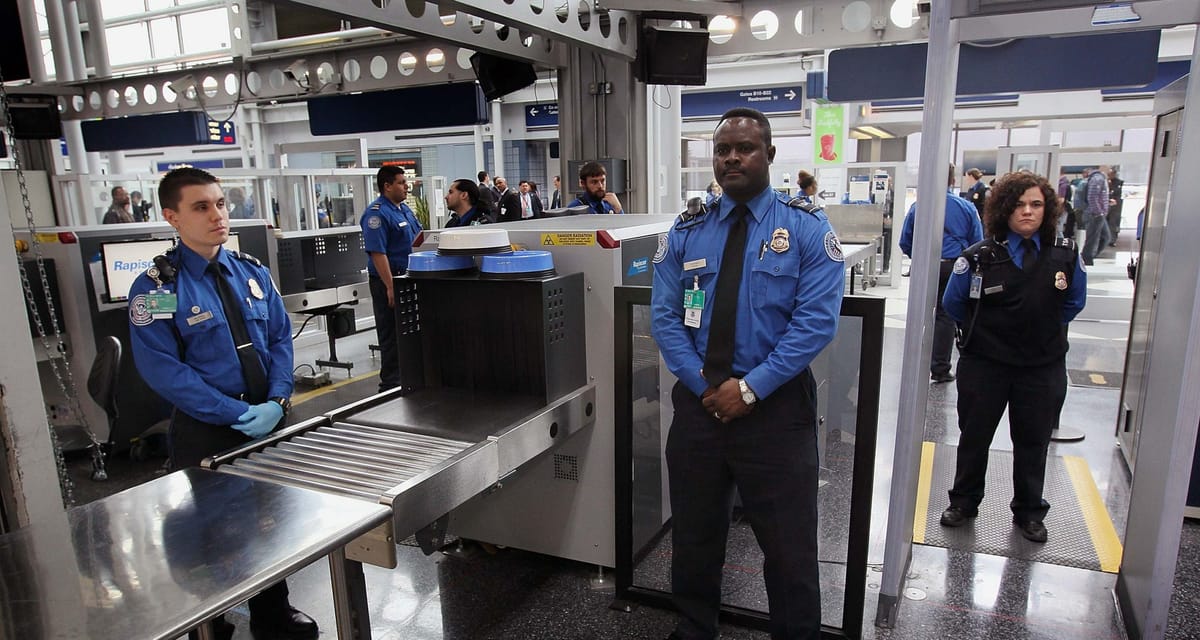As the holiday season descends upon us, millions of travelers will be flocking to airports around the world, eager to reach their destinations. But amidst the chaos of security checks and flight delays, the Transportation Security Administration (TSA) has issued a timely reminder to smartphone users to stay safe and secure while traveling. The warning is simple yet crucial: beware of public charging stations and free WiFi networks. This advisory may seem like a routine precaution, but it highlights a growing concern about the vulnerability of our personal devices to cyber threats, particularly in public spaces.
The first warning from the TSA pertains to the risk of "juice jacking," a phenomenon where unsuspecting travelers plug their phones into compromised public charging sockets, potentially exposing their devices to malware and data theft. To avoid this risk, the TSA recommends that travelers bring their own power bricks or battery packs and use those instead of public USB ports. This warning may seem like a minor precaution, but it underscores the importance of being mindful of our digital security, even in seemingly innocuous situations. Moreover, it highlights the need for greater awareness about the potential risks associated with public charging stations, which are ubiquitous in airports, hotels, and malls.
The second warning from the TSA is more contentious, as it advises travelers to avoid using free public WiFi networks, particularly when making online purchases or entering sensitive information. While cybersecurity experts may argue that most internet traffic is now encrypted, making public WiFi relatively safe, the TSA's warning is a reminder that vigilance is still essential. The Federal Trade Commission (FTC) echoes this sentiment, emphasizing that connecting to public WiFi is usually safe, but only if users follow certain guidelines, such as disabling auto-connection to unknown networks, ensuring website connections are encrypted, and being cautious when entering sensitive information. By highlighting these best practices, the TSA is encouraging travelers to take a proactive approach to their digital security, rather than relying on blanket warnings or assumptions about the safety of public WiFi.
The cultural significance of these warnings extends beyond the realm of individual security, speaking to broader social issues about trust, convenience, and the blurring of public and private spaces. As we increasingly rely on our smartphones to navigate the world, we are also becoming more vulnerable to the risks associated with public WiFi and charging stations. The TSA's advisory is a reminder that our personal devices are not just tools for communication and entertainment but also potential targets for cyber threats. By acknowledging these risks and taking steps to mitigate them, we can promote a culture of digital responsibility and awareness, one that recognizes the importance of balancing convenience with security.
The mobile security specialists at Zimperium have also weighed in on this issue, warning that attackers often target travelers who are using free public WiFi, particularly during periods of low vigilance. Their warning serves as a timely reminder that our digital security is only as strong as our weakest link, and that even the most routine activities, such as checking email or browsing the internet, can pose significant risks if we are not careful. As we navigate the complexities of modern travel, it is essential that we prioritize our digital security, taking a proactive and informed approach to protecting our devices and our personal information.
In conclusion, the TSA's advisory to smartphone users serves as a timely reminder of the importance of digital security, particularly in public spaces. By being mindful of the potential risks associated with public charging stations and free WiFi networks, we can take steps to protect ourselves and promote a culture of digital responsibility. As we travel during the holiday season, let us prioritize our digital security, recognizing that a few simple precautions can go a long way in safeguarding our personal devices and our sensitive information. By doing so, we can ensure a safer and more secure travel experience for everyone.

